Tags: Neurons
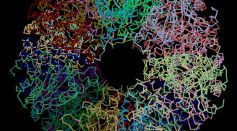
Cell’s Trash Sorter May Also Act As Signal Messenger, Help Specialized Neurons Sense the Surrounding Environment
Having Post-Meal Cravings? This Is How Brain Signals To Drive Unnecessary Eating Habits
Neurons Help Flush Neurodegeneration-Contributing Metabolic Waste in the Brain During Sleep, Study Finds

The Neuroscience of Music Appreciation: How the Human Brain Listens, Learns To Predict in Order To Appreciate Music
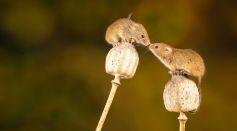
Mice's Brain Adjusts Time Processing To Communicate With Others More Effectively, Study Reveals
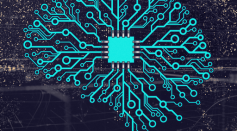
Electronic Probe Records Activities of Single Neurons Over Months, Provides Insights on Neural Circuits for Brain-Computer Interfaces

Gut-Brain Connection: Here's How the Digestive System, Central Nervous System Affect Each Other
Worm's First-Ever Nervous System Map Unveils Wireless Nerve Network, Advancing Mental Health Understanding

Experimental Spinal Implant Allows Man With Advanced Parkinson's Disease To Walk Freely

Largest Map of the Human Brain Reveals 3,300 New Cell Types in the Most Complex Organ of the Body
![How Motherhood Changes You Permanently? Pregnancy Hormones Remodel Specific Neurons in Brain [Study]](https://d.sciencetimes.com/en/full/49371/how-motherhood-changes-you-permanently-pregnancy-hormones-remodel-specific-neurons-brain-study.jpg?w=237&h=131&f=e5cf8a444d9a389ca462e01b8b7e0d4b)
How Motherhood Changes You Permanently? Pregnancy Hormones Remodel Specific Neurons in Brain [Study]
Jellyfish Can Learn Even Without Brain, Implying Adaptation in Creatures with Few Neurons and Environmental Awareness
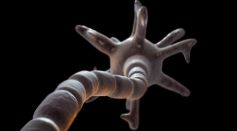
Origins of Neurons? Brain Cell Building Blocks Could Be Traced Back to Placozoans From 800 Million Years Ago, Study Reveals
Specific Nerve Cells in the Brain Can Completely Stop All Forms of Body Movements, Study Reveals
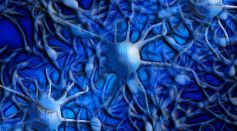
From Neurons to Synapses: How Does the Nervous System Work?
Minimally-Invasive Brain Implant From a Startup Company Provides Breakthrough Treatment in Neural Disorders
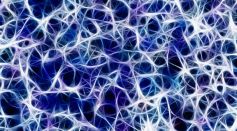
Fight-or-Flight Neurotransmitter 'Octopamine' Could Be Playing a Significant Role in Neurodegeneration, Study Says
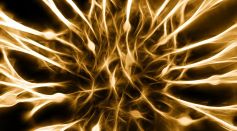
Nanowire Networks Mirror How the Human Brain Learns and Remembers, Study Says
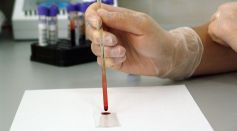
How Can Blood Test Predict Alzheimer's Disease Risk? Scientists Looked at Changes in Neurogenesis Prior to Clinical Diagnosis
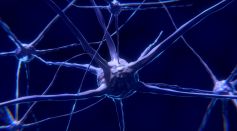
Can Threat Be Smelled? Study Reveals How Olfactory Neurons Learn To Identify the Scent of Potential Danger
Most Popular

Largest Known Volcanic Aquifer Discovered Beneath Oregon's Cascades

New 'Supergiant' Sea Bug Found in South China Sea, Named After Darth Vader

Mediterranean Sea Was Refilled by a Catastrophic Flood Millions of Years Ago

Mysterious Cosmic Waves That Sound Like Birds Detected in Unexpected Space Region





